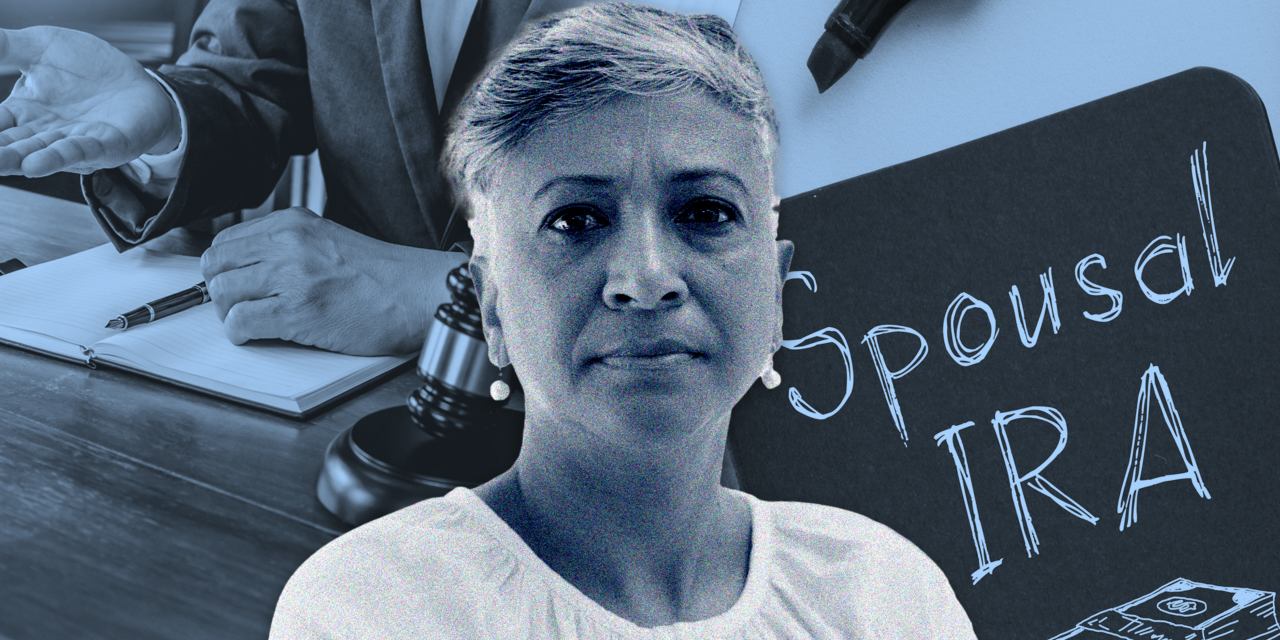Did a financial firm misadvise me on my inherited IRA? Should I hire a lawyer?

Understanding Inherited IRA Options for Spousal Beneficiaries
Inheriting an IRA can be a complex process, especially when you're the spouse of the original account holder. The situation becomes even more challenging when there are changes in laws like the Secure Act 2.0, which can leave beneficiaries confused about their options. Recently, a reader named Bamboozled Beneficiary shared their experience after becoming the spousal beneficiary of their wife’s IRA.
The reader had discussed the available options with a major financial group and made a choice based on the information provided. However, they later felt uncertain about their decision and wanted to change it. When they contacted the firm again, they were informed that this was no longer possible. This left them questioning whether they needed legal assistance to resolve the issue.
Available Options for Spousal Beneficiaries
When a spouse inherits an IRA, they typically have two main options: rolling the funds into their own IRA or transferring the assets into an inherited IRA. Each option comes with its own set of advantages and considerations.
- Rolling Over into an IRA in Your Own Name
- This option allows the spouse to treat the inherited IRA as their own. They can use an existing IRA or open a new one.
- One benefit is that the spouse is not required to take required minimum distributions (RMDs) unless they reach the age of 73. If the original account holder had already reached 73 but the spouse hasn’t, the spouse can avoid RMDs until they turn 73.
- However, if the original account holder had not taken RMDs in the year of their death, the spouse would need to take those RMDs now.
-
Another consideration is the 10% penalty for early withdrawals if the spouse is under 59 ½ years old. To avoid this, they could convert the funds to a Roth IRA after rolling them into their own account.
-
Transferring to an Inherited IRA
- With this option, the spouse can avoid the 10% penalty for early withdrawals by keeping the funds in an inherited IRA.
- RMDs can begin in the year following the original account holder's death or when the original account holder would have turned 73, depending on whether they were taking RMDs at the time of death.
- It's important to note that once the funds are transferred to an inherited IRA, they cannot be rolled back into the spouse's own IRA. However, the reverse is possible—spouses can move funds from an inherited IRA to their own IRA at a later date.
Legal Considerations and Recordings
Bamboozled Beneficiary expressed concern about the lack of access to recorded conversations with the financial firm. They asked whether they should consider legal action. While involving attorneys can add stress and costs, it may be necessary if there is clear evidence of financial harm or misrepresentation.
If you believe you’ve been misled or denied a service you were promised, you can request a copy of the recorded conversation. However, many firms do not provide these recordings unless a subpoena is issued. A subpoena is a formal request for documents, usually initiated by an attorney representing a client in a legal case.
If you decide not to involve an attorney, you can still file a complaint with regulatory agencies such as the Securities and Exchange Commission (SEC), the Consumer Financial Protection Bureau (CFPB), or your state regulator. Be sure to gather all relevant details, including what was said during the conversation and any documentation related to the decision.
Final Thoughts
Navigating the complexities of inherited IRAs requires careful consideration of the available options and potential consequences. It’s essential to understand the rules and seek guidance from trusted financial advisors. If you feel your rights have been violated, exploring legal avenues may be necessary, but it’s important to weigh the potential benefits against the costs and stress involved.
If you have questions about your own retirement savings or inherited accounts, consider reaching out to experts or joining discussions in communities dedicated to retirement planning. Sharing experiences can help others navigate similar challenges.
Post a Comment for "Did a financial firm misadvise me on my inherited IRA? Should I hire a lawyer?"
Post a Comment